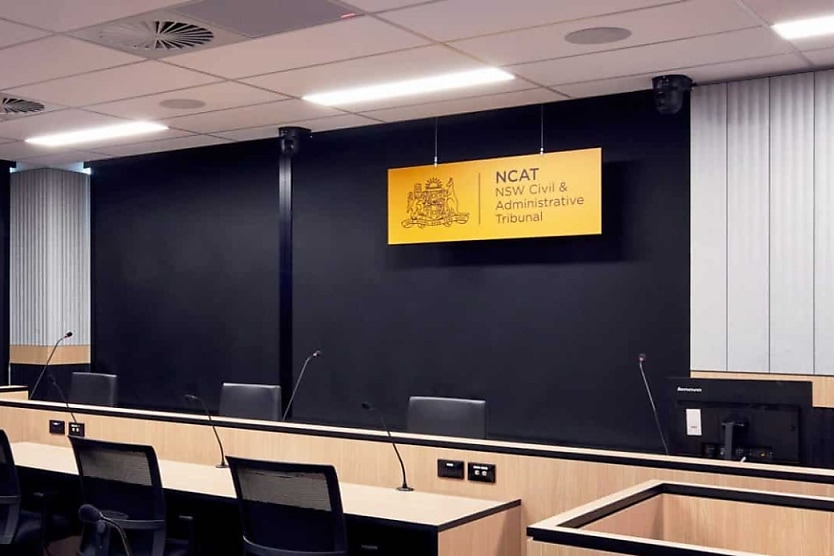Law student caught with guns makes plea for employment
SHARE THIS ARTICLE

An aspiring solicitor convicted of possessing unregistered guns has asked a tribunal to approve his employment at a boutique firm.
The NSW Civil and Administrative Tribunal (NCAT) was asked to consider approving a final-year bachelor of laws student’s employment as a legal secretary at a Central Coast and Newcastle-based firm – neither of which are named given the outcome.
The student, aged in his late 20s, had been caught by police around five years ago with two rifles belonging to his late grandfather and two pistols given to him by a sick friend. Although he had a firearms licence, none of the four guns had been registered.
At the time, the student told a court he knew possession of the unregistered guns was illegal, but he thought he would be in “legal trouble” if he attempted to bring the guns to the attention of authorities outside of a designated amnesty period.
A judge’s sentencing remarks made it clear the student was “contrite, remorseful and unlikely to reoffend”.
“The Crown did not suggest the applicant had any criminal intent. He has no prior criminal history and, on the material before the court, it was clearly established that he was a young man of good character,” the judge said when handing him 200 hours of community service.
As a person convicted of a serious criminal offence, the student needed approval from the tribunal before he could be employed.
He joined the boutique firm in early 2023 but did not at that time disclose his conviction. No one at the firm was aware of it.
A few months later, the student became aware during his studies of the need to disclose and immediately informed his employer who suspended him pending the tribunal’s approval.
In a statement to the tribunal, the employer said he has “absolutely no concerns regarding [the student’s] continued association with [the boutique firm] or the wider legal profession”.
NCAT determined that given the student’s remorse over his crime and the age at which he committed the offending, he will not “pose a risk to the public and nor will his employment impact adversely upon the integrity of the legal profession”.
The student was approved as a lay associate but will have to reapply separately before he can join the legal profession.
This article originally appeared on HR Leader's sister brand, Lawyers Weekly.
